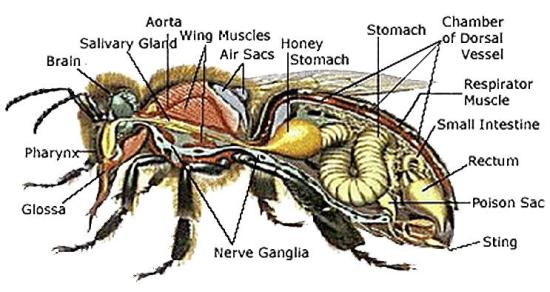Help us educate the public on how to protect our pollinators.
Wasps are valuable natural pesticides. If they are not bothering you, please leave them alone. If they are bothering you, a natural dish soap and water mixture is as effective as the commercial sprays, which have residual toxic adjuvants and are a waste of your hard-earned money. Large football sized hornets nests are collected for medical antivenom, but only if not contaminated with sprays. Call a professional: cascadiavenomcollection.com
Hire a herd of goats for your weeding needs- great for the environment! Lawn fertilizers contain toxic ingredients that are systemic; they permeate the plant and poison the soil, emerging within the pollen.
Use organics and cover crops when choosing fertilizers and soil treatments & avoid spraying herbicides/pesticides/fungicides which have toxic (undisclosed) adjuvants. Mix 1/2 cup Epsom Salts, 1/2 gallon distilled vinegar, & 1 tablespoon dish soap for a natural weed killer. Safely using a torch to burn weeds is another option.
Plant bee-friendly flowers to encourage a diverse food source for pollinators.
Let your clover grow in grassy areas. Clover blooms during scarce foraging in late summer and is a beneficial plant. Grass looks good but is not a healthy option for pollinator forage.
BEE KIND!
